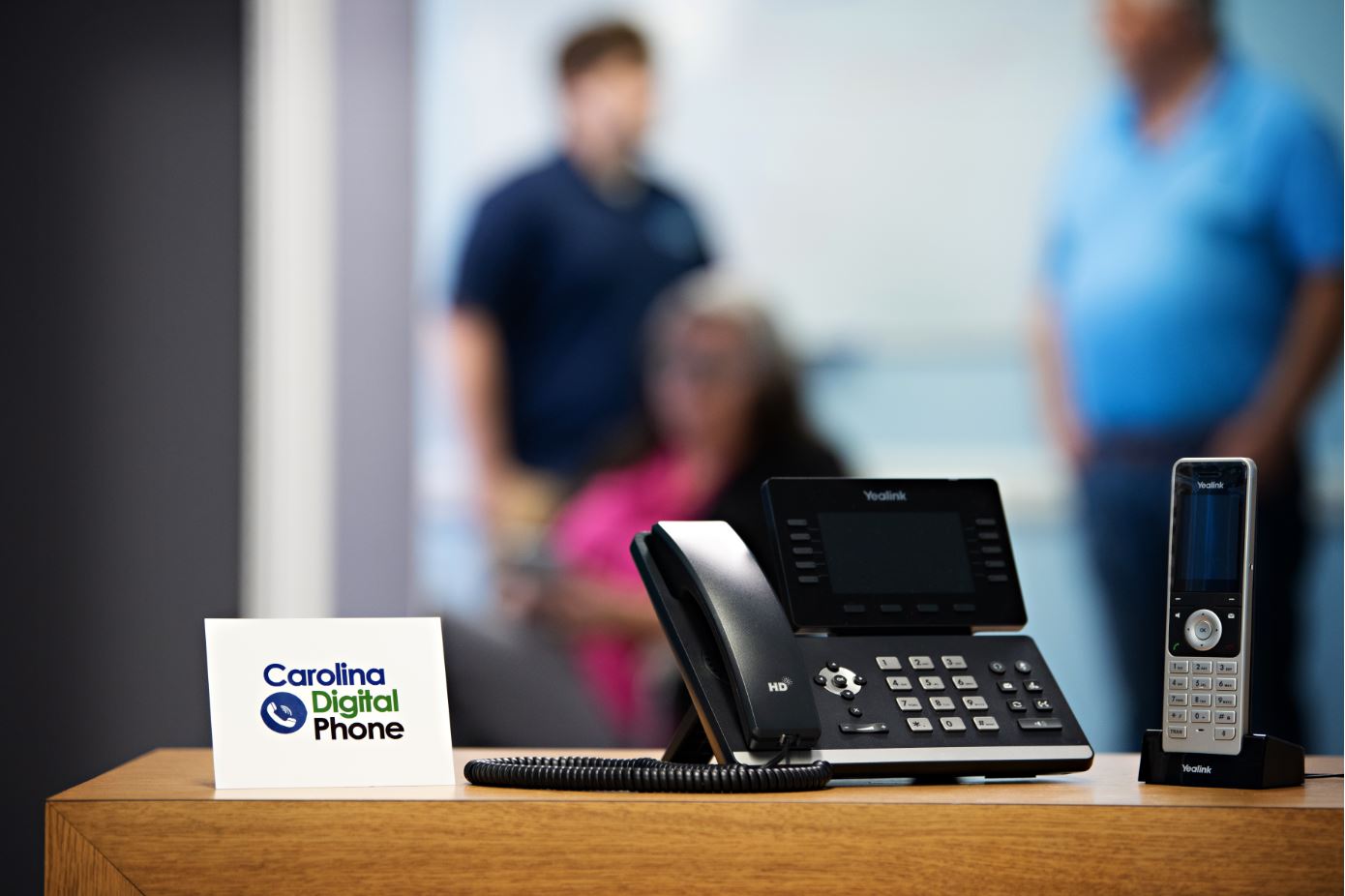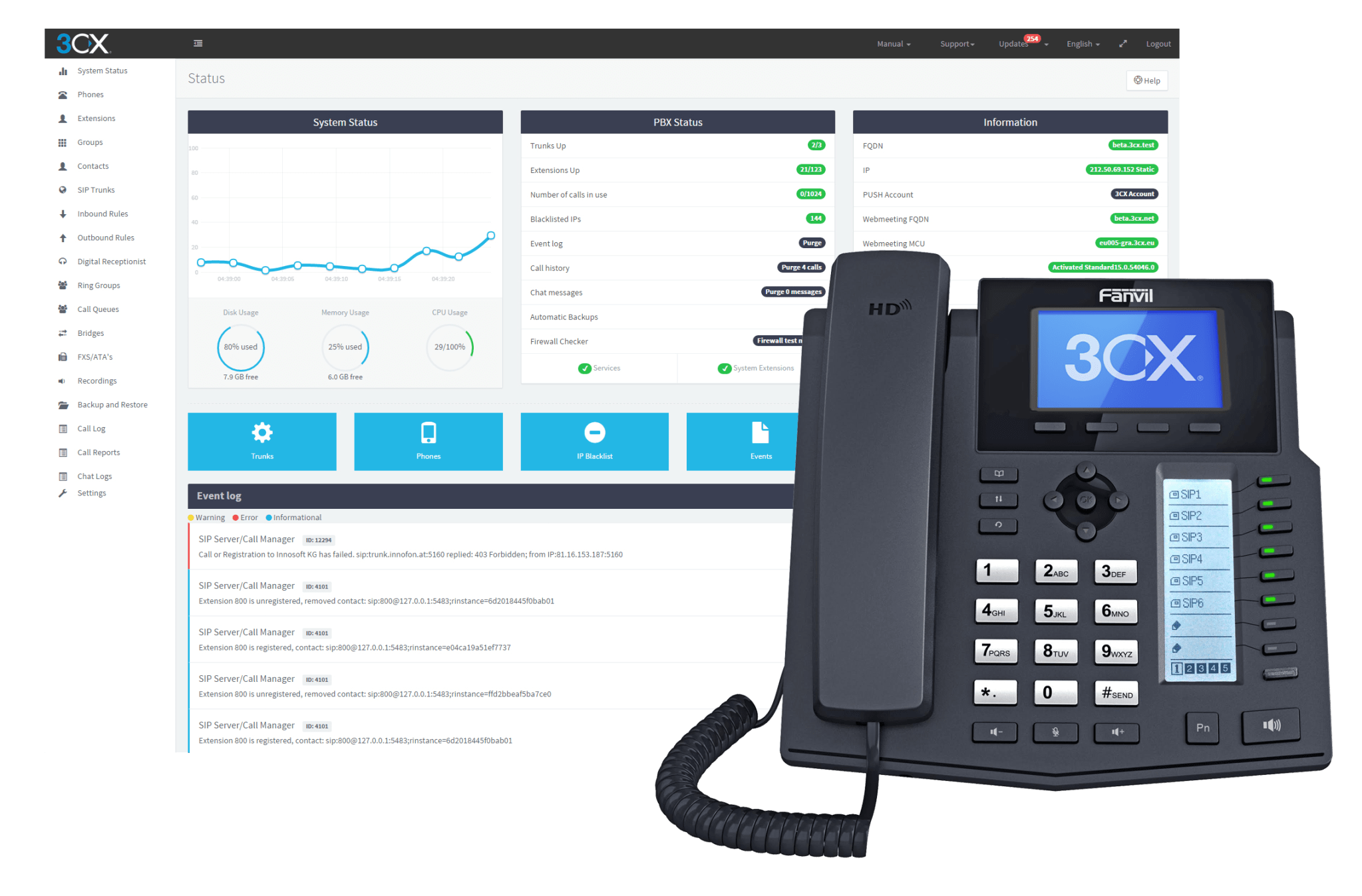Why Your Hybrid Workplace Needs VoIP and Unified Communications
Before the pandemic, there were generally two types of workers. There were those who worked in the corporate office, and there were those who worked in their home office. Now though, there is a third type of worker that HR experts say will dominate the workforce landscape for the foreseeable future: the hybrid worker. This individual spends time in both environments (e.g. Monday and Wednesday in the corporate office; Tuesday, Thursday, and Friday in their home office). The term for this configuration is “hybrid workplace,” and the engine that makes it function for hybrid workers and their employers alike is unified communications. What is Unified Communications? Unified communications (or UC) refers to products that integrate and deliver multiple enterprise communication…






